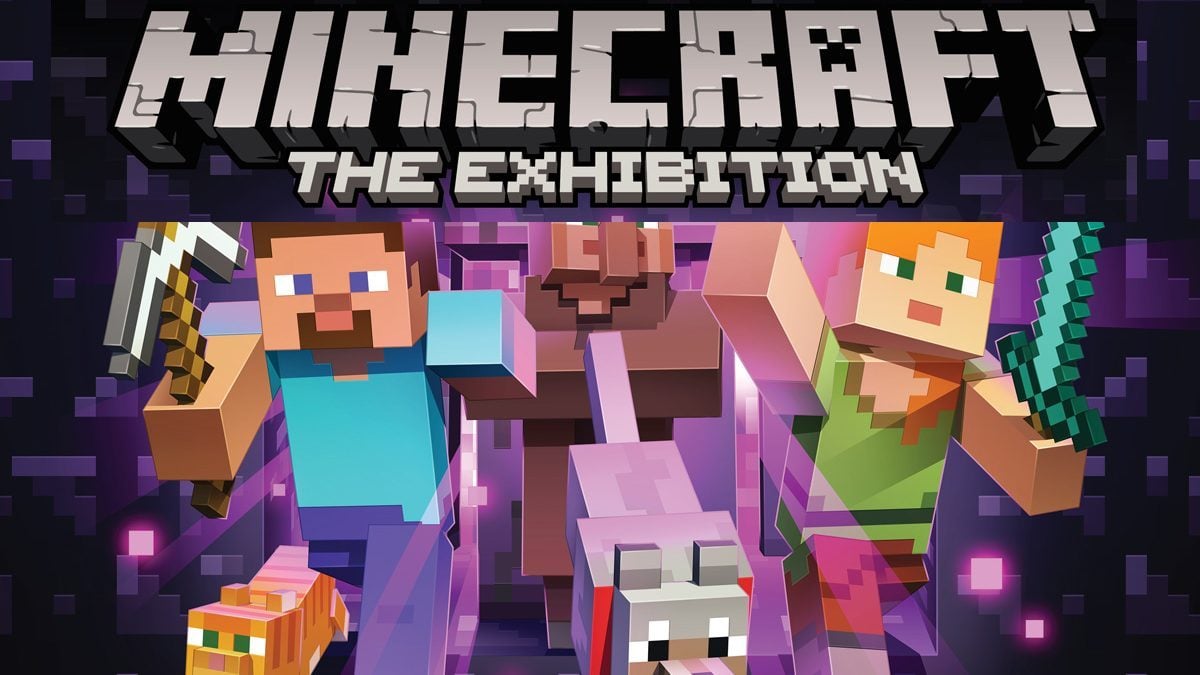

Image Credit: Halfbrick Studios
Ever since Microsoft rolled out the Xbox Live Indie Games marketplace (formally known as Xbox Live Community Games), I have been cautiously optimistic. With independent titles like Braid helping to redefine the current landscape and bite-sized games for devices like the iPhone reminding us that uncomplicated concepts often make for compelling gameplay, the time seemed right for such a service to truly deliver. As such, I have been patiently awaiting the inevitable flood of quirky, low-cost independent games to be made available for easy download on my console of choice.
Sadly, with the signal-to-noise ratio shifting unfavorably toward the low end, my faith in the once promising service has begun to wane. Still, when my contact at Halfbrick Studios – What up, Phil! – shared with me screen shots of their recently released Rocket Racing, I saw my glimmer of hope again grow stronger. One review code and a couple of minutes of download time later, I found myself knee-deep in an arcade-style racer that’s as cleverly complex as it is stylistically stimulating. The game’s minimalist visual aesthetic and fantastic play mechanic are supplemented by a funky electronic soundtrack that, coupled with a surprisingly well-tuned sense of speed, makes for an oddly immersive play experience for the top-down racer.
Halfbrick Rocket Racing sets you upon the seemingly simple task of guiding a futuristic, almost Tron-style vehicle around a series of fairly static tracks. You control your ride’s thrust via the left and right triggers (although an option does exist for those more comfortable with using the thumbstick). Depressing both powers your rocket racer forward, while holding only the left or right trigger causes it to turn in the corresponding direction. Suffice it to say that such a control scheme is particularly touchy, allowing the player to corner on a dime or, in my case, spiral comically out of control.
In a game where your true mission is to beat the clock, such haphazard driving not only impairs your ability to cross the finish line, but actually penalizes you valuable seconds for colliding with the track walls, adding yet another level to its already considerable difficulty. After the first few fairly straightforward tracks, Rocket Racing complicates things further by integrating additional features like dead spaces where acceleration is disabled, checkpoint gates through which you must navigate and multi-lap tracks. Yet somehow these subtle intricacies manage to compound the element of untamed fun that is the very crux of the title.
Once you’ve got the basic steering down, your gameplay experience hinges on the development of a singular skill. The “wall boost,” coordinating surgically precise drifts so as to allow your racer to use the track walls’ resistance to the force of your boosters to create tiny bursts of blinding speed, is the true key to victory. Yet the move you’re much more likely to execute is the self-destruct. Hot-keyed to the Y button, this act of digital suicide allows you to restart the race after a severe misstep, sparing yourself an embarrassing defeat and dropping you right back at the starting line scarred but smarter.
Add to this delicate blend of accessibility and difficulty the requisite multiplayer experience, global leaderboards for stat tracking and more than 40 unlockable tracks, and you’ve got a gaming value at a mere 240 Microsoft Points. Of course, you’ve also got an ample serving of frustration for your money. Halfbrick Rocket Racing is a casual title with hardcore roots, and it shows. This isn’t the kind of game you’ll likely enjoy if you’re put off by an initially steep learning curve, and it might likely prove hazardous to your system if you’re the type that throws his controller in anger. Still, it possesses an almost preternatural element that enables it to remain fun even in the face of such mounting frustration.
WIRED: interesting art design, great soundtrack, intuitive gameplay, low price point
TIRED: a truly fierce learning curve
![Reblog this post [with Zemanta]](http://img.zemanta.com/reblog_e.png?x-id=b9dd7ebd-7426-4ed2-a221-f2490e75c282)

